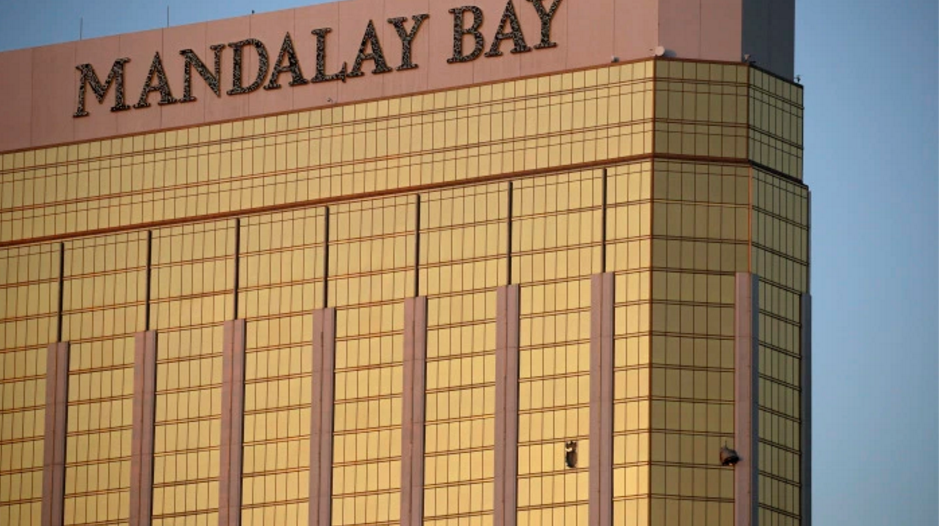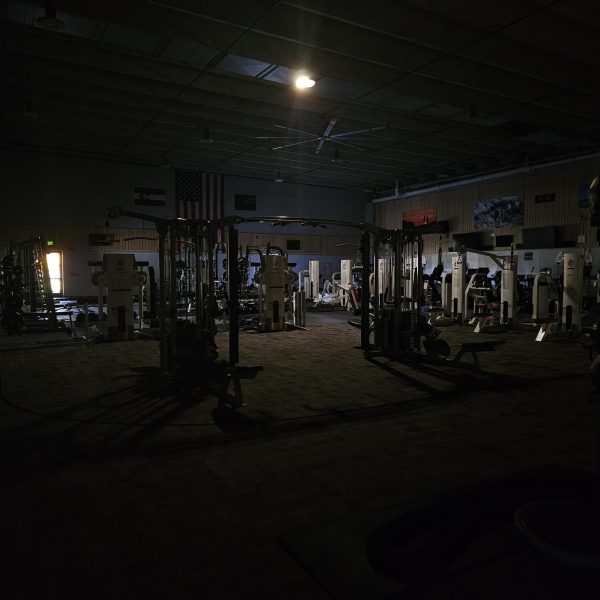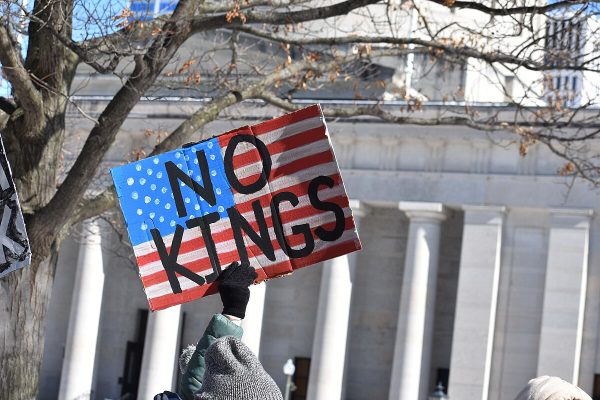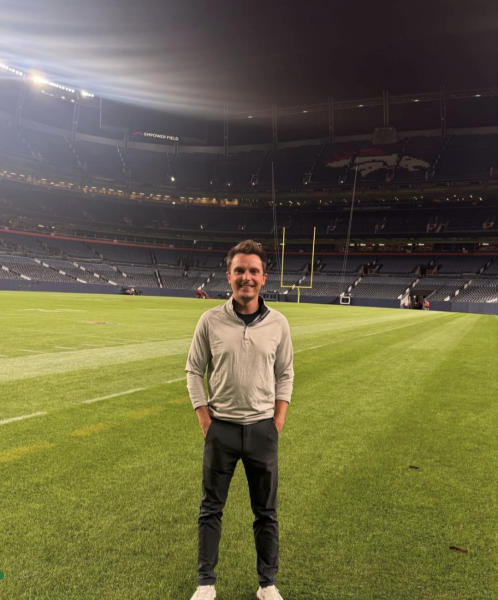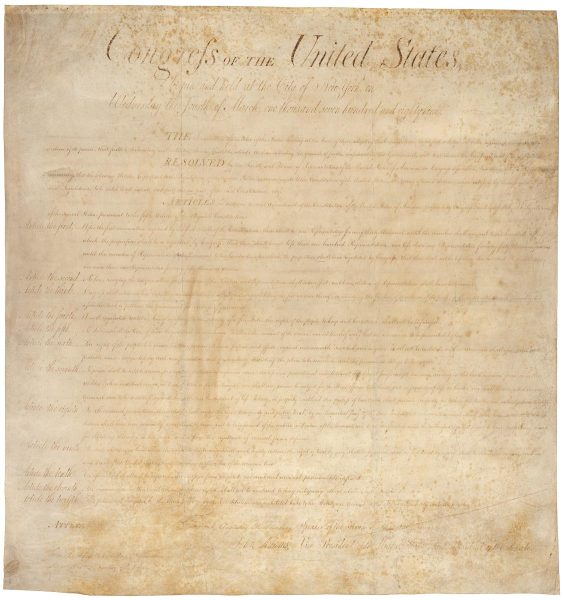Carnage in Las Vegas: Assault with Weapons of Mass Destruction
Stephen Paddock shattered two hotel windows, took aim, then fired. Revamping his lavish 32nd-floor hotel suite into a sniper’s nest, the 64-year-old retired accountant shot indiscriminately into a sea of spectators on the Las Vegas Strip, assassinating 58 people, injuring hundreds.
According to eye-witnesses, the first shots rang out at 10:08 p.m. Sunday night, sounding like fireworks. Country-Star singer Jason Aldean stood on stage for the final act of the Route 91 Harvest music festival. Aldean kept singing, before suddenly dashing backstage. Panic-stricken cries resonated through the crowd, at first isolated, but then ubiquitous as the seemingly endless barrage of bullets rained upon the masses.
Within seconds, the legendary ‘Strip’ had been transformed from an entertainment paradise to a horrific killing field. Authorities discovered 23 guns after storming the Mandalay Bay suite, where the gunman lay dead with an apparent self-inflicted gunshot wound to the head.
By carefully calibrating his semiautomatic rifles with two ‘bump stock devices,’ Paddock essentially constructed automatic weapons capable of firing hundreds of rounds a minute.
“This is the day I wish I never had to see in my 27 years of law enforcement,” lamented Las Vegas undersheriff Kevin McMahill in a CNN interview.
The latest assault weapon-fueled massacre has been touted as the deadliest mass shooting in US history, notwithstanding the bloodbaths perpetrated on American Indians, and African Americans, near the turn of the twentieth century.
Somber words of condolence and national healing by politicians soon transpired through social media and news outlets, notably from President Trump, who described the onslaught as “an act of pure evil,” carried out by “a sick, demented man.”
With harrowing images and testimonials from beholders garnering wide-spread media attention, it didn’t take long to reignite the acrimonious debate on American gun control policy. Some indignantly claimed it’s too soon, whereas as others vehemently invoked the fierce urgency of now.
“Thoughts and prayers are NOT enough,” wrote Massachusetts Sen. Elizabeth Warren in one of her tweets Monday morning calling for a “conversation about how to stop gun violence.”
And though 92% of Americans say they want expanded background checks, and 54% agree to do away with assault weapons altogether, lobbying by the powerful National Rifle Association (NRA) continues to feed the false narrative that any additional gun control is an infringement on the Second Amendment.
Australia, an equally gun fanatic nation, faced a similar quandary two decades ago.
On April 29. 1996, Martin Bryant, a troubled 28-year-old from New Town Tasmania, killed 35 people with a Colt AR-15 semiautomatic rifle at the nearby tourist destination Port Arthur. The reaction in Australia was so profound it provoked an immediate debate over gun control, prompting strict legislation banning semiautomatic weapons.
Since that time, there has not been a single mass shooting in Australia.
Despite there not being one universally accepted definition for a “mass shooting,” the FBI vaguely describes it as “ four or more individuals being shot or killed in the same general time and location.”
Data from the Gun Violence Archive indicate that a total of 273 mass shooting incidents have occurred so far in 2017; one for each day of the calendar.
Last year’s deadly attack, when Omar Mateen opened fire in an Orlando nightclub, was the worst mass shooting in U.S. History until Sunday night.
Emerging investigations into the gunman reveal that he was a multi-millionaire gambler who lived in a quiet retirement community in the Nevada desert. The killer’s brother, Eric Paddock, in an interview, said his family was “stunned” by the news, adding, “there’s absolutely no sense, no reason he did this.”
Equally bewildered, Paddock’s girlfriend, Marilou Danley, issued a statement Wednesday afternoon, after voluntarily returning to the US from a brief sojourn in the Philippines. Danley, who holds Australian citizenship, and is of Philippine descent, had been liaised with Paddock for some time.
“I knew Stephen Paddock as a kind, caring, quiet man,” Danley said in her first public reaction to the shooting. “It never occurred to me in any way whatsoever that he was planning violence against anyone.”
Despite a claim from Islamic State, Paddock is not believed to have had any ties to militant groups, leaving more questions as to his motive for committing the terrible atrocity.



